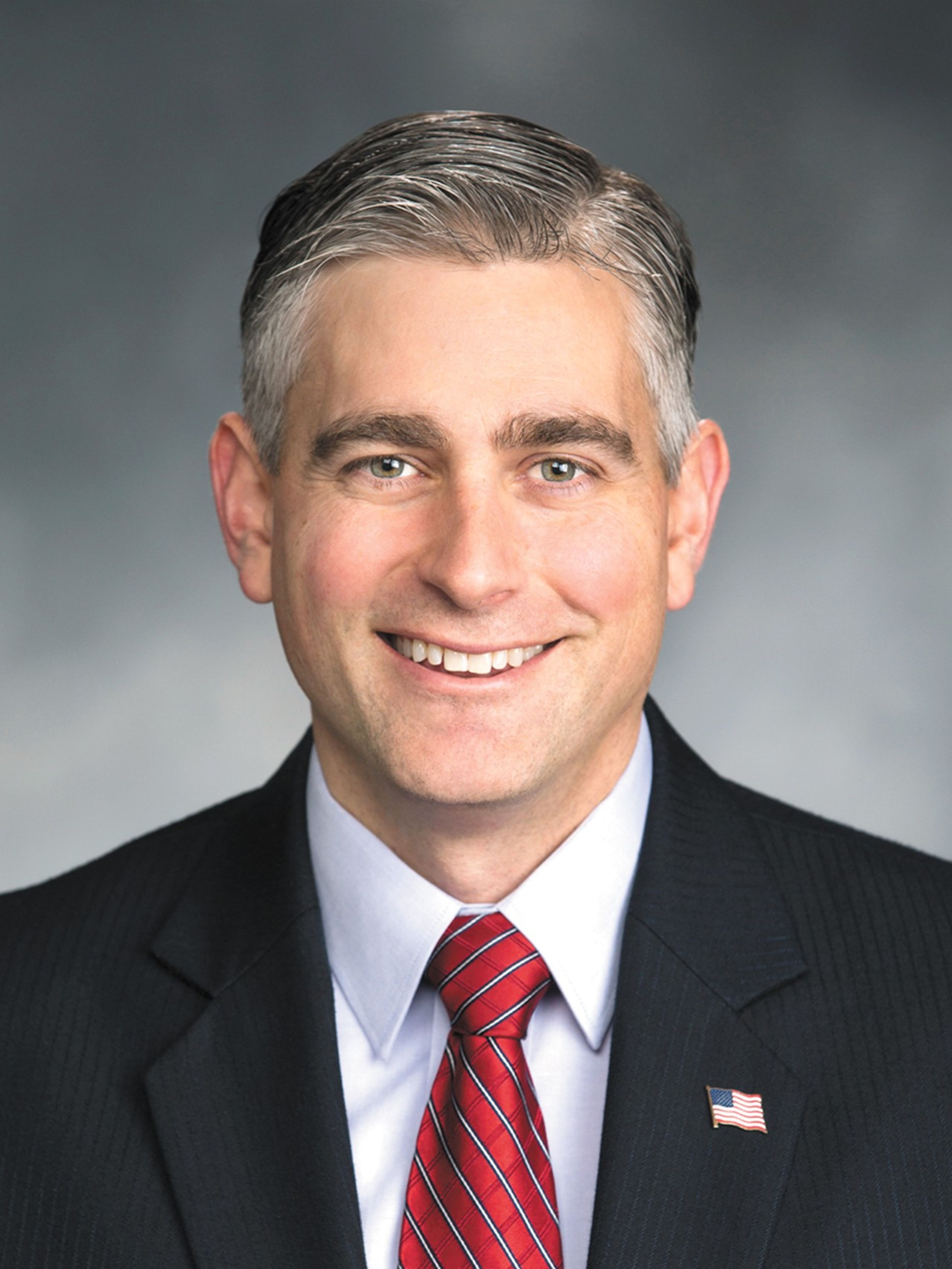SEL founder comes out against dam breaching
Edmund O. Schweitzer III expresses concerns about Rep. Mike Simpson’s proposal
The founder of the region’s largest private employer, Schweitzer Engineering Laboratories, opposes a proposal by Congressman Mike Simpson to help threatened and endangered salmon by breaching the four lower Snake River dams.
The Pacific Northwest is “blessed” to have an abundance of clean, renewable and affordable hydroelectric power, said Edmund O. Schweitzer III in a prepared statement.
The resource is an “invaluable” part of the energy mix because it provides a reliable baseload that works even when there isn’t enough sun or wind to produce electricity with other types of renewable energy, said Schweitzer, whose company makes high-tech products used to protect, monitor and control power systems all over the world.
“As we introduce more solar and wind, our country needs more hydro; not less!” he said in the statement. “Our local economies rely on this low-cost source of electric power and we have a great deal of concern about any plan or proposal that jeopardizes this resource and the reliability of the electric power system.”
The region’s two other largest private employers, Clearwater Paper and Vista Outdoor, as well as the area’s largest electricity utility, Avista, are not taking a stance for or against Simpson’s $33 billion plan, which would need congressional approval to move forward.
Much of the money is intended to replace lost hydropower production, help communities that would be changed if slackwater ended, and assist farmers in north central Idaho and southeastern Washington in covering increased costs of shipping grain.
“The proposal is thought provoking and has generated a lot of discussion,” according to a prepared statement from Clearwater Paper.
“We are carefully monitoring community opinion and government input as well as feedback from environmental, recreation and business organizations as the proposal is discussed, changed, and vetted,” according to Clearwater Paper’s statement.
Simpson’s proposal contains $275 million for Clearwater Paper to reconfigure parts of its Lewiston operation.
The systems the company uses to draw water into the plant for its manufacturing processes, as well as those that release some of that water back into the river after it’s been treated, are all designed for the Clearwater River’s present levels at slackwater.
Some money has also been earmarked in Simpson’s plan to reduce odor, which Clearwater Paper officials said has been decreased over the years with a number of investments.
“It is not currently feasible to eliminate the odor associated with (the type of) pulping process (used in Lewiston) given current technologies and costs,” according to Clearwater Paper’s statement.
The four lower Snake River dams also help the maker of tissue and paperboard move raw materials. About 60 shipments a year of sawdust are barged to Lewiston from Columbia City, Ore., where the sawdust is gathered from mills in Oregon and Washington.
The positions of Avista and Vista Outdoor on Simpson’s proposal are similar to Clearwater Paper’s outlook.
Simpson’s proposal could have a significant impact on the communities Avista serves for a variety of reasons, according to a prepared statement from the utility.
The salmon and steelhead in the lower Snake River are an important “regional resource and central to the culture, values and identity of Native American tribes in the basin,” according to a prepared statement from Avista.
At the same time, the dams generate power that can be dispatched whenever it’s needed to maintain grid reliability and support intermittent renewable energy, according to the statement from Avista. The company added that it does not use power from the four lower Snake River dams for its customers.
“Gauging the precise extent and nature of the proposal’s potential implications is difficult without more specific information about replacement generation and other measures (conservation, demand response, transmission upgrades) that the proposal does not yet define,” according to Avista’s statement.
Simpson’s approach of bringing all sides to the table is how the best policies are formed, said Fred Ferguson, Vista Outdoor’s vice president of public affairs and communications, in a prepared statement. Vista Outdoor is the parent company of CCI/Speer, a Lewiston ammunition maker.
“As more specifics are shared with the public, we will review the details so that we can better understand the impacts to regional transportation and energy networks,” he said. “These existing networks impact our operations, so understanding how they might change will matter a great deal to our business and supply chain.”
Williams may be contacted at ewilliam@lmtribune.com or (208) 848-2261.








